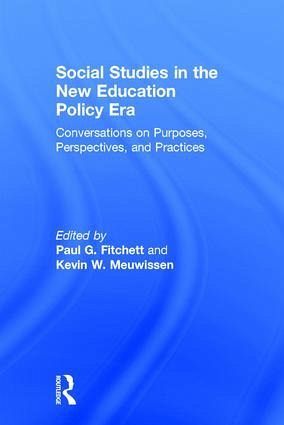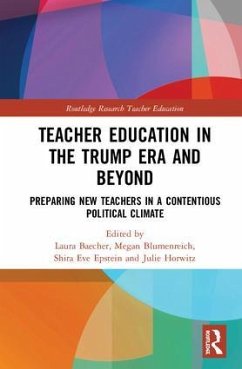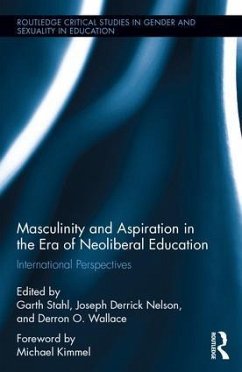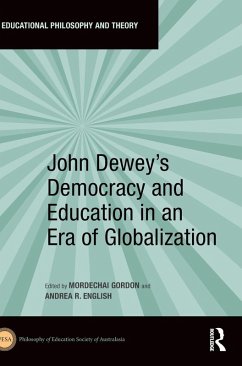
Social Studies in the New Education Policy Era
Conversations on Purposes, Perspectives, and Practices
Herausgeber: Fitchett, Paul G.; Meuwissen, Kevin W.

PAYBACK Punkte
93 °P sammeln!
This volume features a series of compelling open-ended education policy dialogues among various scholars and stakeholders. Their commentaries aim to inspire, challenge, and strengthen readers' beliefs about the place of social studies in present and future education policy environments.














